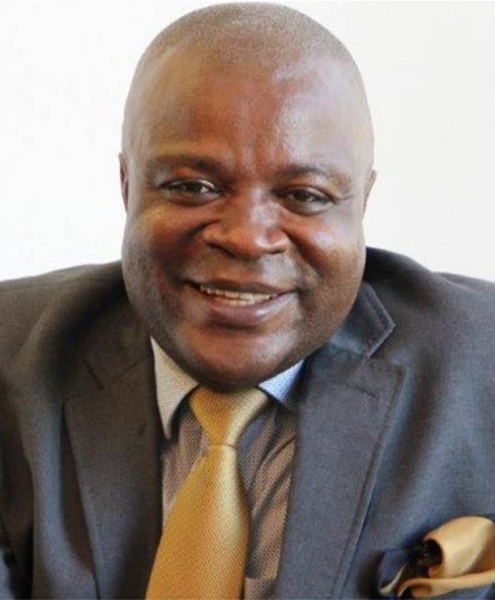 “My first contact with Cochrane was seeing an advert for the Aubrey Sheiham fellowship in 2000, which was part of an effort to get more people from low-and-middle-income countries involved in Cochrane activities and evidence-based healthcare,” said Wiysonge. “I applied, was the first recipient, and received advanced training and mentorship in systematic reviews and meta-analysis at Cochrane UK and Oxford University. I was blessed with supervision and mentorship from EBHC leaders such as Ian Chalmers, Phil Alderson, and Peter Brocklehurst amongst others. The two reviews I did during the fellowship were among my first publications – along with a Lancet article I wrote with Jimmy Volmink, then Director of Cochrane SA, about the importance of systematic reviews in research capacity development.”
“My first contact with Cochrane was seeing an advert for the Aubrey Sheiham fellowship in 2000, which was part of an effort to get more people from low-and-middle-income countries involved in Cochrane activities and evidence-based healthcare,” said Wiysonge. “I applied, was the first recipient, and received advanced training and mentorship in systematic reviews and meta-analysis at Cochrane UK and Oxford University. I was blessed with supervision and mentorship from EBHC leaders such as Ian Chalmers, Phil Alderson, and Peter Brocklehurst amongst others. The two reviews I did during the fellowship were among my first publications – along with a Lancet article I wrote with Jimmy Volmink, then Director of Cochrane SA, about the importance of systematic reviews in research capacity development.”
“It was a great start! Within two years, I metamorphosed from a health manager/policy maker to a researcher.”
Originally trained as a physician, Wiysonge has completed postgraduate training in epidemiology, evidence-based healthcare, and vaccinology. Career highlights include being Manager of the Vaccines for Africa Initiative and Chief Research Officer at the University of Cape Town; Senior Scientist at Cochrane SA; Chief Research Officer at UNAIDS, Geneva; and Deputy Director, National Expanded Programme on Immunisation, Cameroon. In 2013 he became a full professor at Stellenbosch University, where he also served as Deputy Director of the Centre for Evidence-based Health Care.
Wiysonge was appointed Director of Cochrane SA in 2016. He regularly produces reviews with several Cochrane review groups. He is also strongly involved in activities for the WHO – a member of the African Advisory Committee on Health Research and Development, and various other advisory committees at the African Union, African Centres for Disease Control and Prevention, and WHO.
“EBHC has grown exponentially on our continent in the last two decades. The best is yet to come,” he said. “A focus of EBHC in Africa should be implementation science - understanding not only what is and isn’t working, but how and why implementation is going right or wrong, and testing approaches to improve it. Health systems often fail to optimally use evidence in decision making, resulting in increased mortality, reduced quality of life, and lost productivity. This gap between evidence and practice combined with declining resources creates an ethical urgency for implementation science, to enhance returns on research investments. I remain humbled by the task before us; the huge task of ensuring that healthcare decision making in Africa is informed by relevant, timely, and high-certainty synthesised research evidence.”
